


Beyond Earth has officially landed and with it, a new set of challenges amidst the backdrop of Civilization’s strategic mechanics. If you’ve never played a Civilization game before or just want a few pointers to get a head start on Beyond Earth, here are some tips to help you get a one-up on your game:
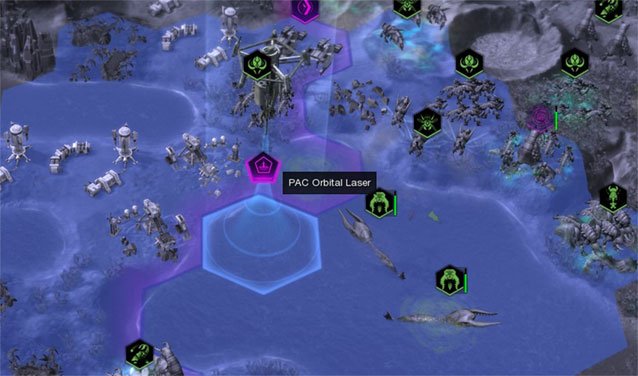
1. The Orbital units are a great way to support your cities, so don’t forget to incorporate them frequently into your production, especially the Miasmic Repulsor. In Beyond Earth, there are fields of poisonous gas called Miasma that will limit the movement of your units across the tiles. The Repulsor gives you an early way to clear the Miasma without forcing you to focus on the tech before you can really afford it.
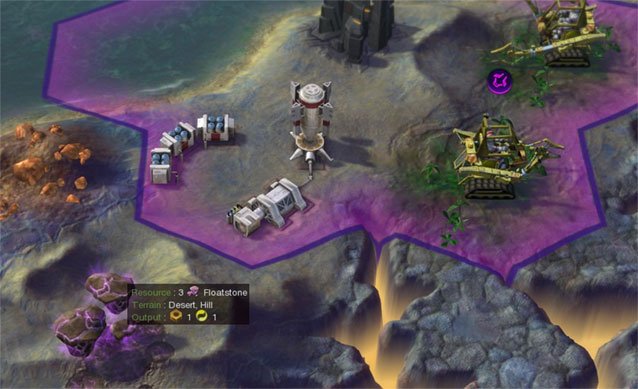
2. In the earliest part of the game, focus on the features of the landscape and look for nearby resources, then plan your tech research based on that. For instance if you have Floatstone, you should pursue the path in your tech web to discover Terraforming, which will unlock your workers’ ability to improve those tiles and harness Floatstone as a resource. However try to balance this with more accessible technologies first--don’t focus on expensive tech when basic necessities have still not been met.
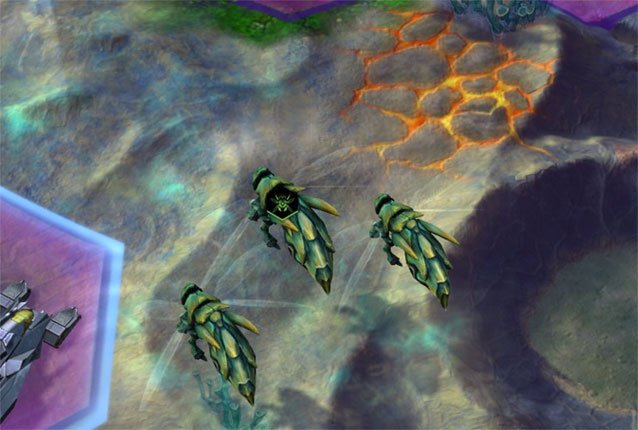
3. Don’t worry about the Aliens to start off. They’ll leave you alone if you leave them alone, which allows you to focus on producing useful buildings for your civilization instead of military units. However, stay clear of the nests, which makes them more likely to attack.
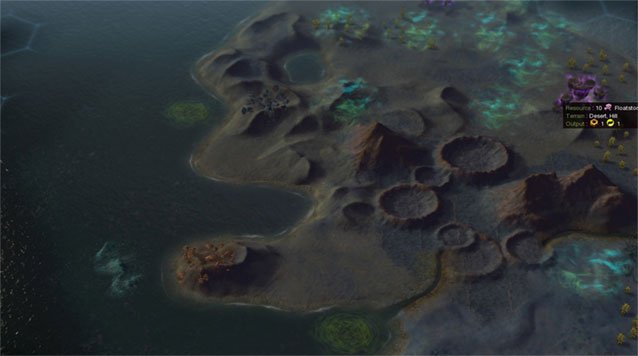
4. During your first few playthroughs you may wish to make things a bit easier on yourself by choosing a map with many small islands as opposed to bigger masses. This will prevent contact with other civs in the initial stages of the game, allowing you to focus on building tech and amassing culture instead of pouring resources into developing and maintaining expensive military units. This will help conserve your Energy, which you can then use to purchase military units later should the need arise.
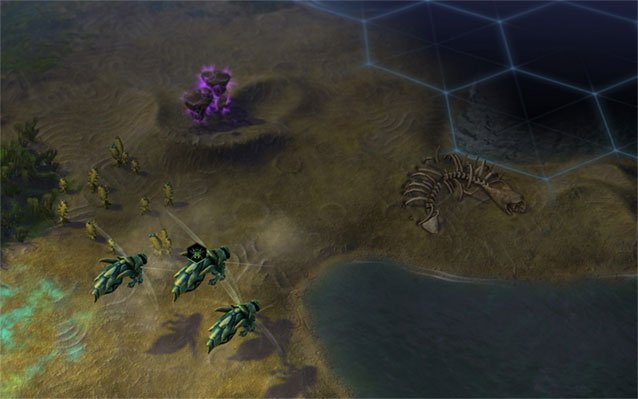
5. Try to get an Alien unit early on and set them to Explore. They are unaffected by the Miasma and thus can open up visibility in new areas without taking damage. You can gain an Alien unit as part of an excavation by an Explorer unit; look for bones in the desert.
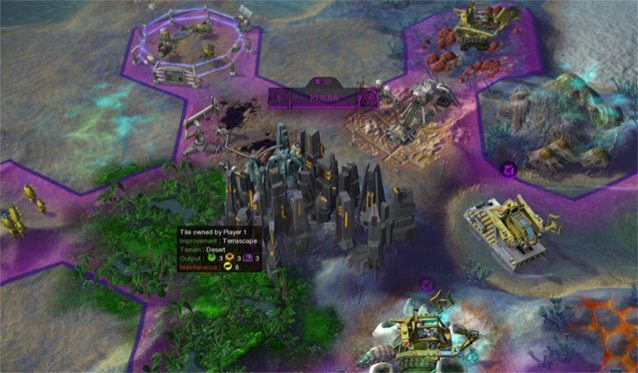
6. Develop the Terraforming technology and then build Terrascapes as often as possible. They’re expensive but worth it.
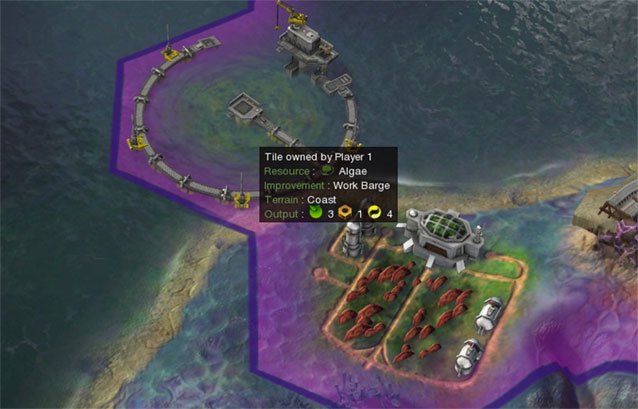
7. You no longer need to use work boats to farm resources on the water. You can use a regular Worker unit to improve the tile, and you don’t lose the Worker unit once you do so.
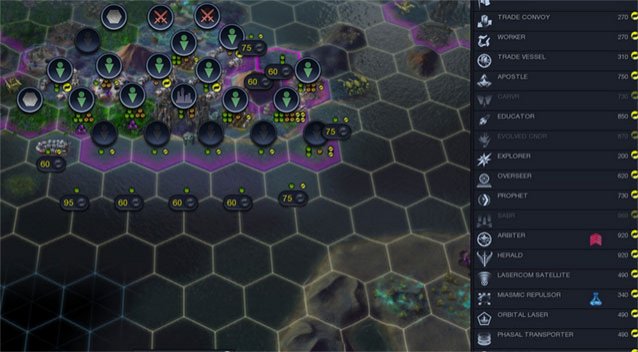
8. Purchasing units and buildings is now done in the city menu, not the Production Management menu.
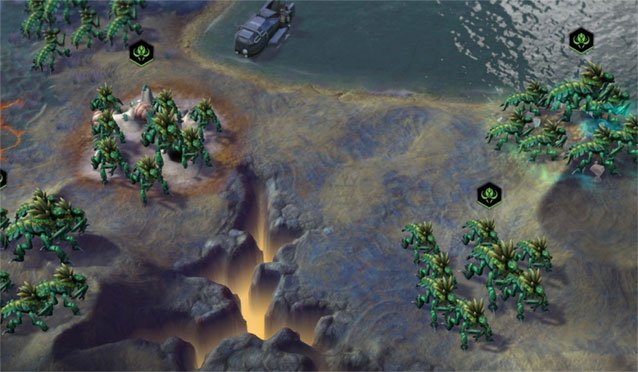
9. Whereas in Civ 5 you spend the first several turns of the game battling Barbarians and searching for ruins (and Archaeology isn’t discovered for quite some time) in Beyond Earth you send out Explorer units who can carry out Expeditions for civilization bonuses. Use them often. However, approach with caution, as the Resource Pods may be guarded or occupied by Alien forces and if you plan the move several turns ahead without knowing what is in the surrouding area first, you may accidentally attack.
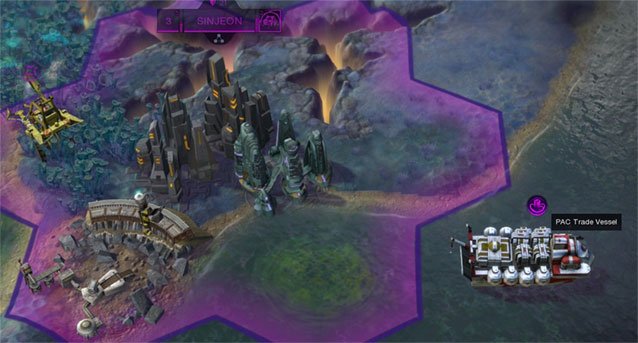
10. After building a city, try to get their trade routes going as soon as possible. You want your cities to be generating resources for you immediately. As soon as one city is stable and is generating adequate Energy and Health, you should start a new city or conquer another. Do not do so again until your new city has built more buildings to act as a buffer for the loss in Energy and Health when you found the next one. Before starting a new city also make sure you have enough Energy to buy them a Trade Depot and two Trade Vessels or Convoys. Assign them during the next turn even if you have no one to trade with. Trading between your cities will still produce strong benefits.
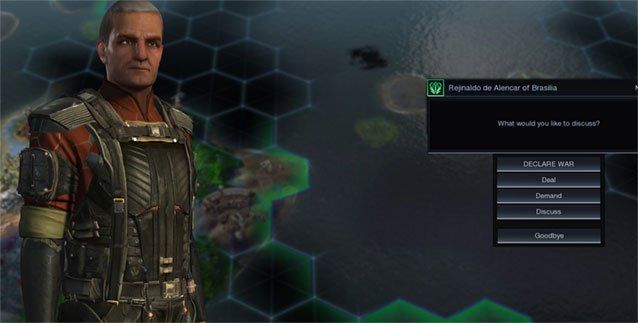
11. Sometimes I like to join a war with an opponent across the map, with no intentions of ever fighting them. They’re often too far away to attack and will later offer up a city to stop the conflict. Then you get a free city without even sending out a military unit. Pretty sweet.
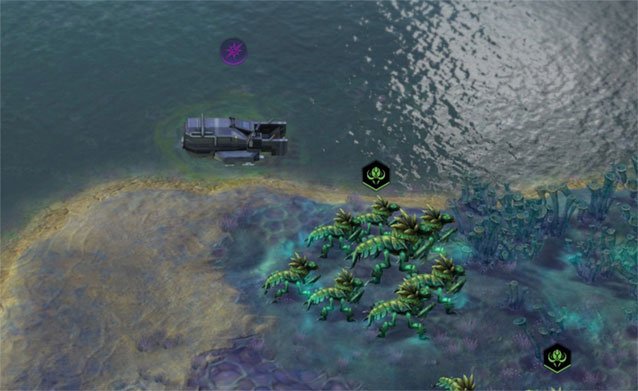
12. You should rarely, if ever, set your units to auto explore. In the water, your Naval units will come up against Sea Dragons who will almost always attack. Explorer units will become poisoned by Miasma or run into Alien nests and die. Worker units should be maintained carefully and their every movement micromanaged. Plan each unit’s every move.
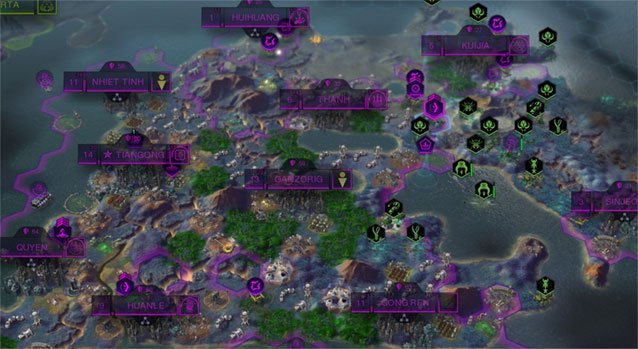
13. In general try to remember that Civilization is about gaining as much territory as possible to generate resources. If you’re bored and don’t know what to do next, the answer is almost always, “start another city or conquer one”. New cities means new opportunities for growth. It also hinders the expansion and growth of other civilizations, thus better securing your win. Plan every battle with purpose and never attack unless you have to. Support your military with a strong economy and always send more units into a war than you actually need. And generate plenty of Science to stay ahead of the other civilizations in military technology.
Note: as many in the comments have pointed out, having many cities can generate a Health issue. However, this can be offset with the right buildings and tech. Research the Genetics branch of the tech web, which leads to Genetic Design and Transgenics. All three will unlock buildings that will provide big boosts to Health and allow you to offset the damage of creating a new city. Make sure you have enough Energy generated to buy those buildings immediately when you found a new outpost. The second and third tiers of the Prosperity branch in the Virtues tree will also have massive Health boosting benefits, if you still need help. Always pursue Health even if you think you have more than enough.

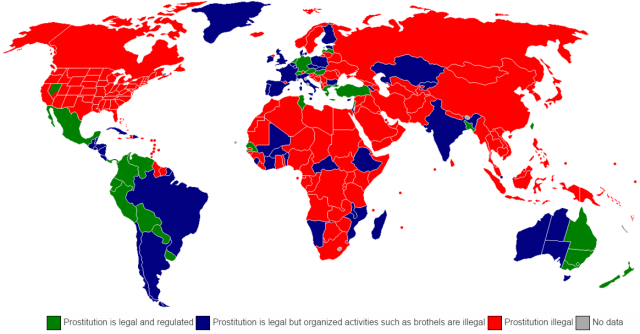
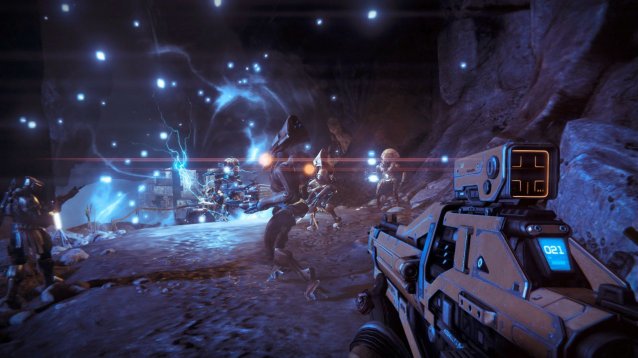

 Resident Evil: Revelations 2 Guide - Episode 1: Penal Colony
Resident Evil: Revelations 2 Guide - Episode 1: Penal Colony DmC: Devil May Cry Review
DmC: Devil May Cry Review Growing Pains: Lara Croft’s Heroic Revival
Growing Pains: Lara Croft’s Heroic Revival Stunning Zelda Artwork Collection
Stunning Zelda Artwork Collection Bloodborne Is Insane & Brutal: Here's Beginner's Guide To Take Care Of Your Beginning
Bloodborne Is Insane & Brutal: Here's Beginner's Guide To Take Care Of Your Beginning